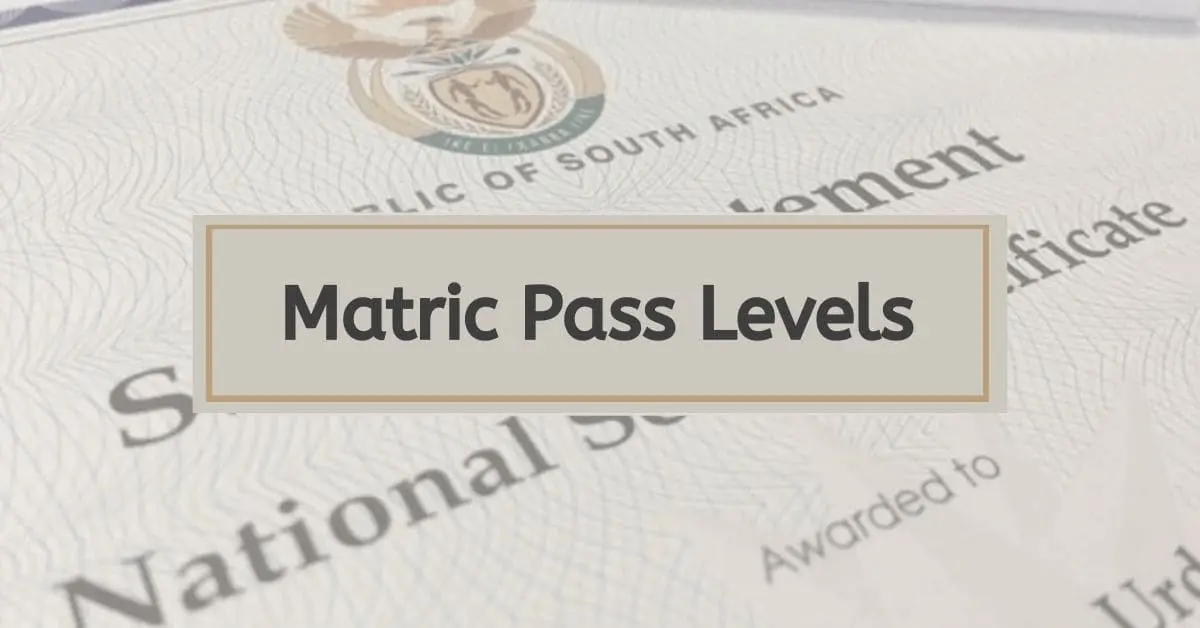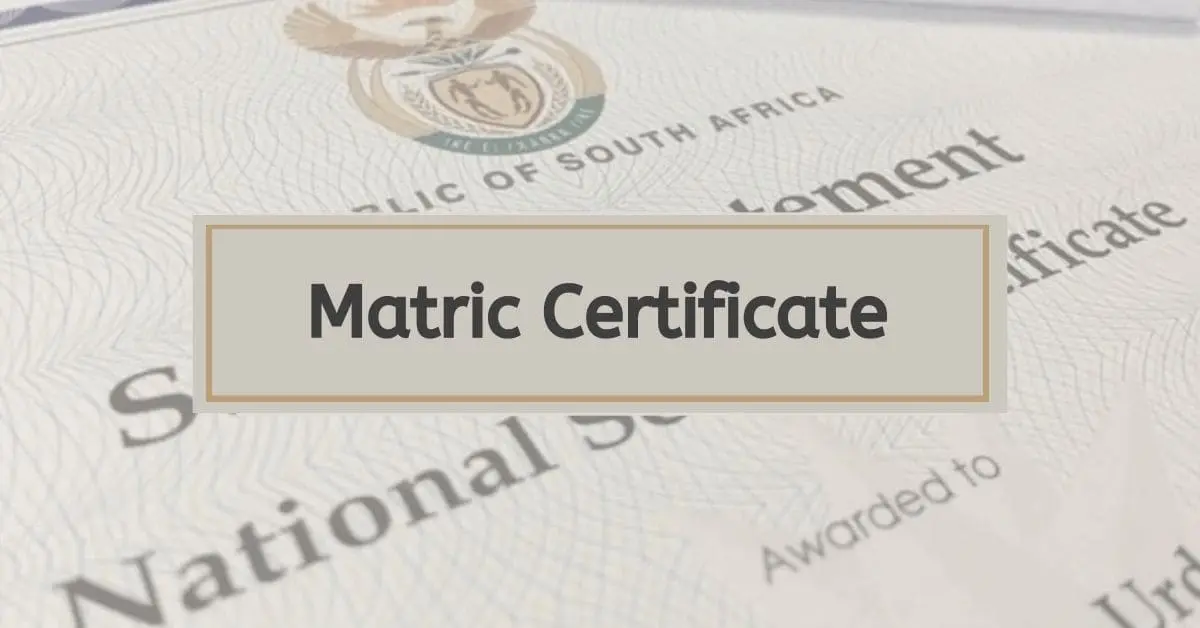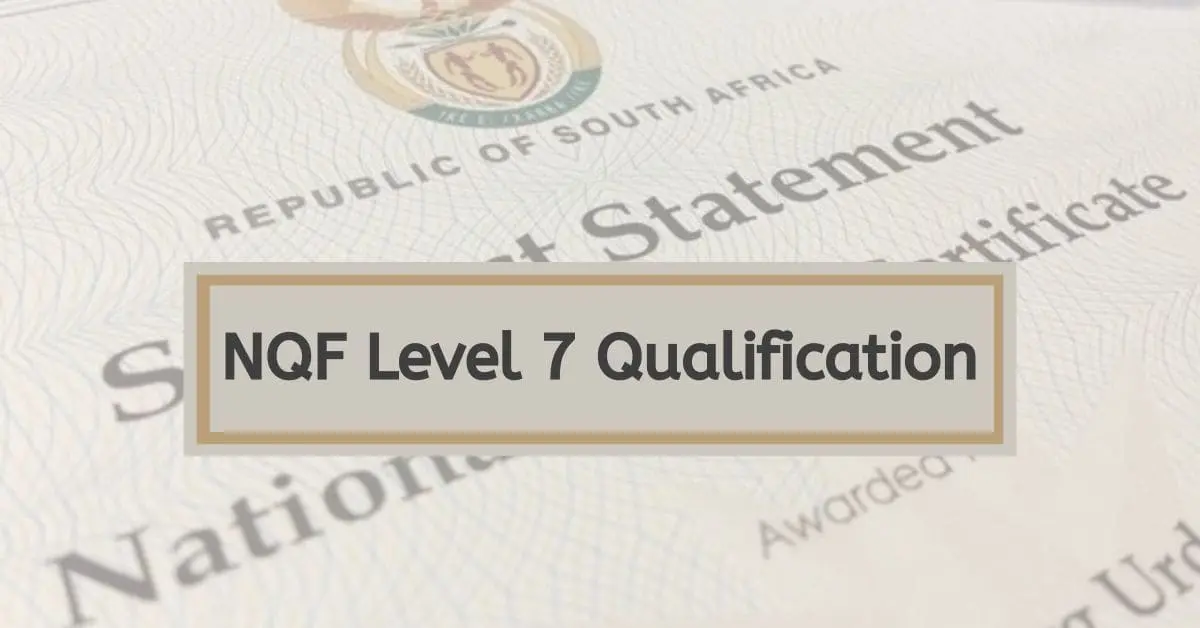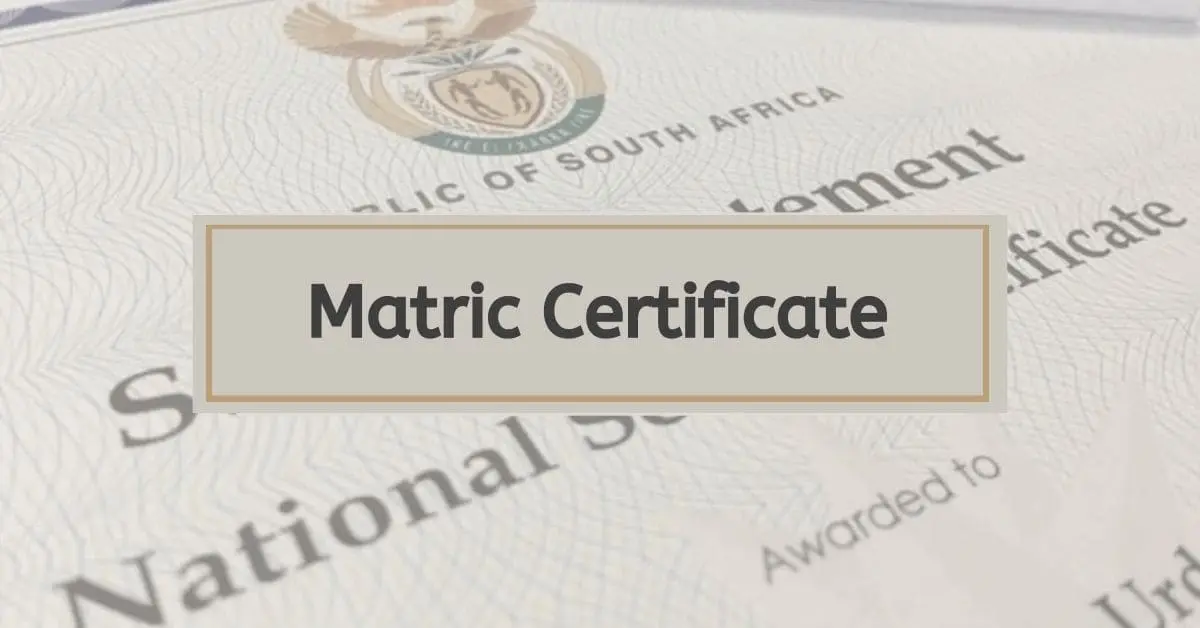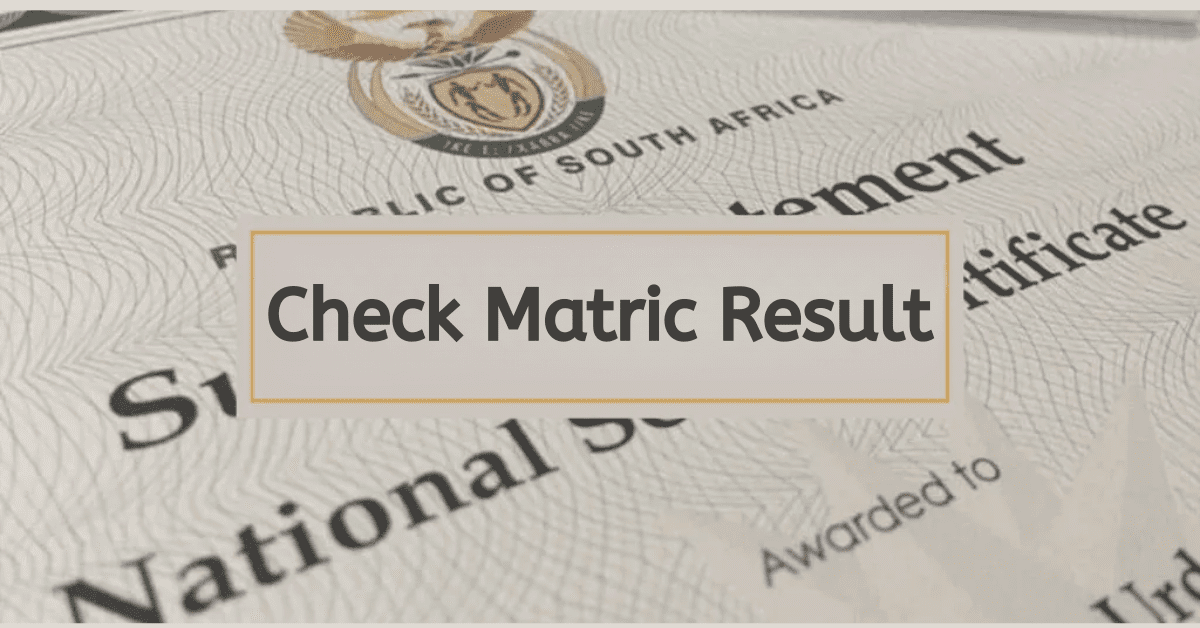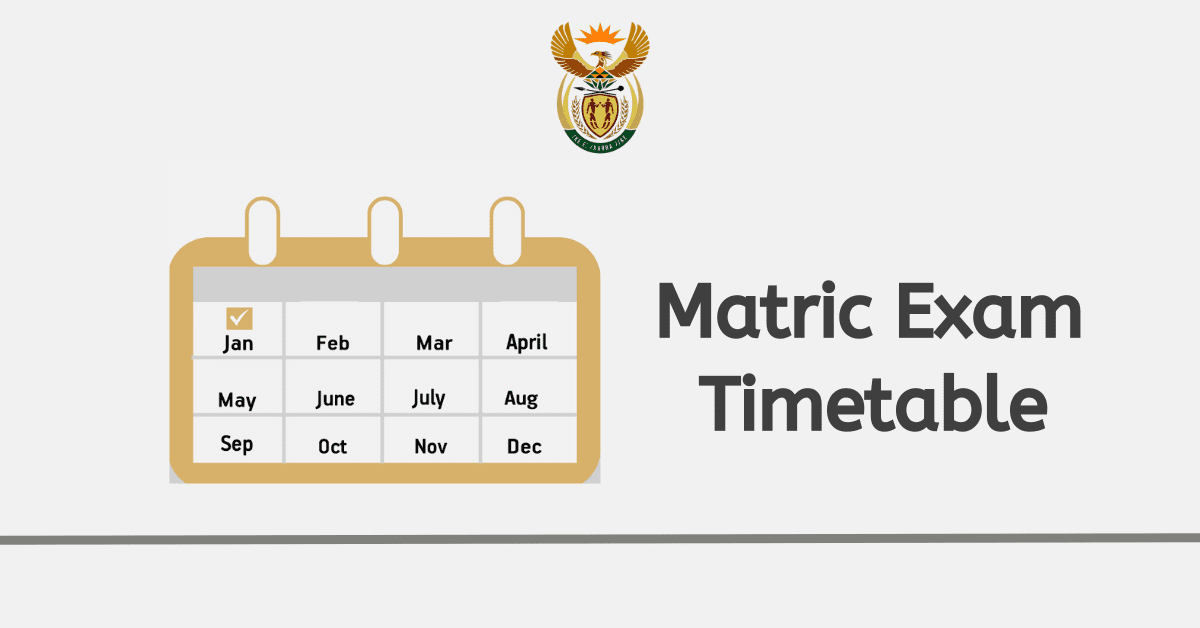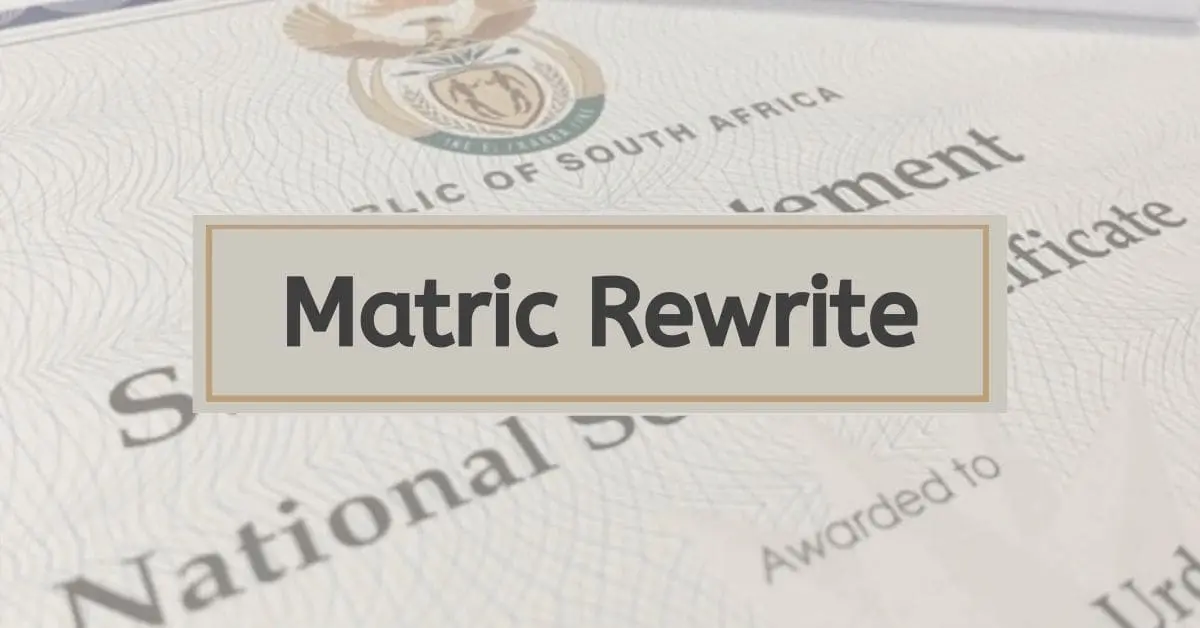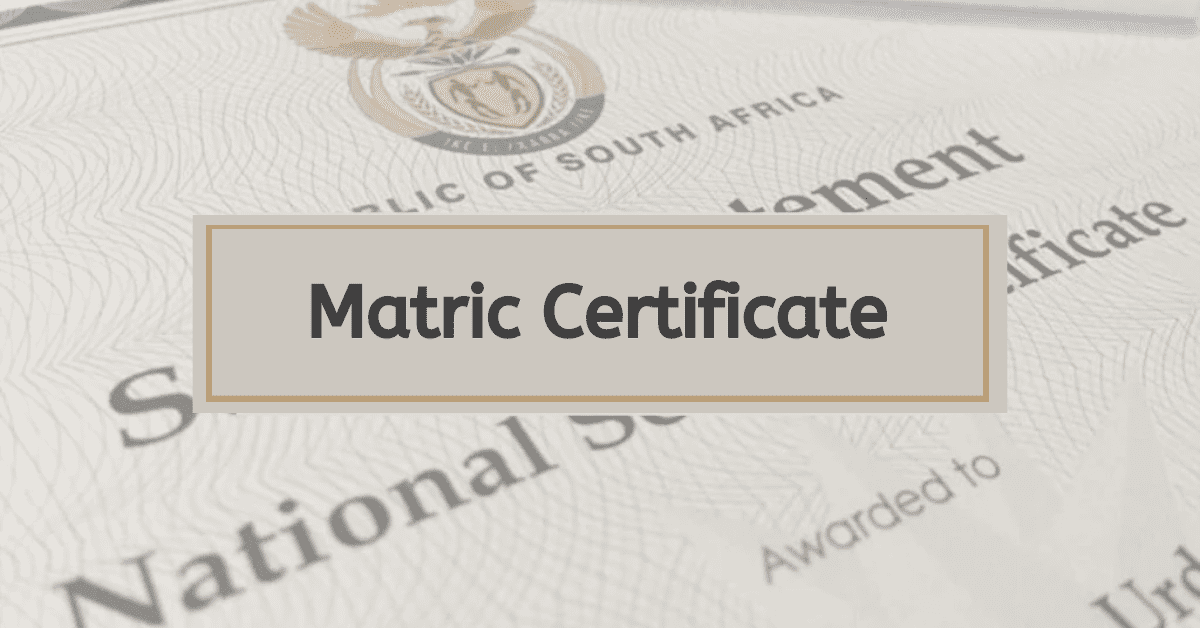A matric pass determines the type of course or program you can pursue in the future when you further your studies at tertiary institutions. Everyone wants good things like attaining distinctions in their matric, but this is not an easy feat. Distinctions will give you more advantages than ordinary matric passes. This article explains everything you should know about matric distinction.
What Is Meant By Distinction In The Matric Results?
A distinction is the highest pass mark you can obtain in any subject in your matric. If you obtain 80% or more in any subject, you will be awarded a distinction. However, distinctions come through hard work, and this is why they are often thinly distributed across the entire country when matric results are released.
How Do You Get Distinctions?
If you want to attain distinctions in your matric examinations, then you must be committed to working extra hard in all your subjects. However, you should remember that where there is a will, there is a way. The following strategies can help you achieve your dreams of passing your matric with flying colors.
- Never miss a class- a distinction does not come on a silver platter, so you must play a critical role in your education. You need to attend all classes if you want to obtain distinctions in your subjects. This will help you gain knowledge and hands-on skills from your educators and other pupils. You must actively participate in class and ask meaningful questions. More importantly, do all your class assignments and other related tasks to improve your school-based assessment (SBA), which contributes a certain percentage to your overall matric pass mark.
- Participate in discussion- discussions with other students can go a long way in helping you gain more knowledge in your studies. When you discuss with your peers, you can freely exchange ideas which might not be the case when you are in class. You should also feel free to ask questions and never assume that you know everything.
- Study- when you are in class, try to write notes in a simplified way you can understand easily. Some teachers write notes on the board, so make sure you don’t miss anything. Study groups also help students share ideas. You may not know everything, so studying in groups will help you appreciate other people’s views.
When you get home, give yourself enough time to study the material which you learn on a particular day. Never go to bed without revising your notes. You also need to access other study materials from the internet, but ensure they are relevant to the curriculum. With wide reading, you can remember many things.
- Practice- remember matric exams come once in your academic career, so it is essential to learn how to answer exam questions. Go through past exam papers and mock exams to gain insight into how the real exam feels.
- Attend extra classes- funds permitting, you can also consider attending extra lessons to sharpen your knowledge and skills to get distinctions in matric. You will get different perspectives on other subjects, which will help you choose the best approach to specific questions.
- Self-motivation- studying every day without play or resting is not an easy feat. However, you need to remind yourself about your career path, which will ultimately shape your future. If you want to study at university, then you must dream big.
- Prepare for examinations- remember to give yourself enough time to prepare for your matric exams. You must relax and avoid straining your mind when writing an exam. Instead, you must enjoy a peaceful sleep before your next exam.
How Many Points Is a Distinction?
A matric distinction comprises seven APS points. To get an outstanding achievement, you should score between 80% and 100% per subject. The admission point score (APS) is assigned according to the percentage you get in a particular subject. For instance, if you get 87% in Accounts, it means you have a distinction of 7 points. Similarly, 67% in Life Sciences will constitute 5 APS points.
To calculate your APS for each subject, you can use the figure below.
Matric Symbol Percentage Type of Achievement APS
An 80- 100% Outstanding achievement 7
B 70- 79% Meritorious achievement 6
C 60 -69% Substantial Achievement 5
D 50 – 59% Adequate achievement 4
E 40 – 49% Moderate achievement 3
F 30- 39 % Elementary achievement 2
G 0-29% Failed/Not achieved 1
To get your total APS for matric, add the APS for each subject. This will help you determine the course you can pursue at a tertiary institution or a job you want.
How Do You Get a Bachelor’s in Matric?
The highest pass you can get at matric is the Bachelor’s Degree pass. With this qualification, you can study different programs at university and also choose other courses from various institutions. If you want to obtain a bachelor’s pass, you must have these scores.
- 40% in your home language
- 50% in 4 other high credit subjects
- 30% in two other subjects
You should also have a minimum of 23 APS to get a bachelor’s degree pass. However, the entrance requirements for each university differ though you will have better chances of getting the program you want.
How Are Matric Final Marks Calculated?
If you are still in high school, your matric final marks are calculated by combining school-based assessments (SBA), which should contribute 25%, and the exam mark, which contributes 75% to the final grade. When you add these two figures, you will have 100%. However, adult matric does not have SBA.
Matric passes play a crucial role in determining the programs or courses you can pursue at tertiary institutions. If you work hard, you can get distinctions which can give you more advantages than other passes. For example, with a bachelor’s pass, you can study at any university in South Africa as long as you meet other admission requirements. This pass also allows you to choose other good careers at different institutions.

